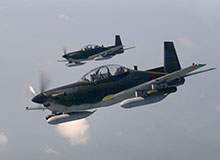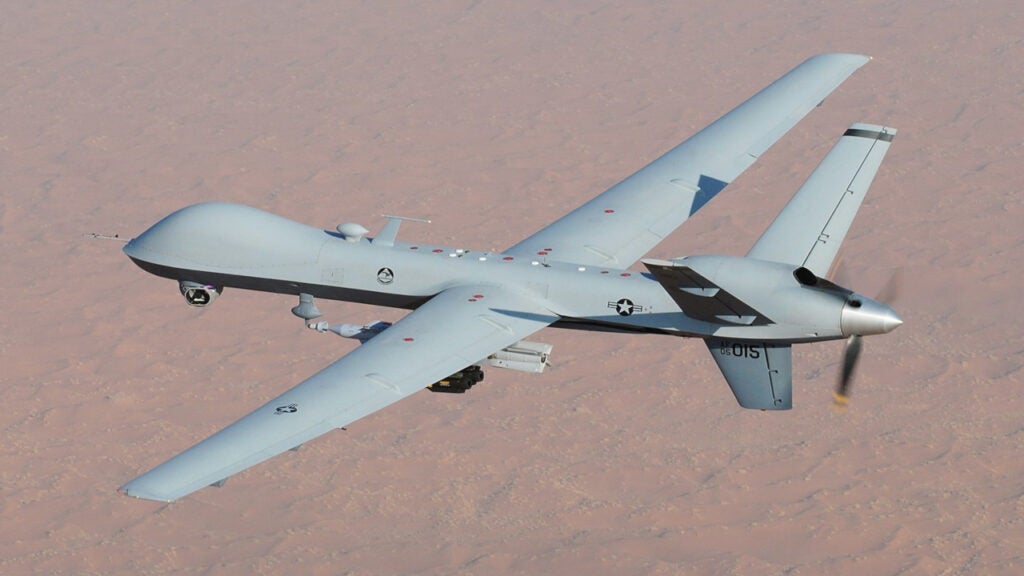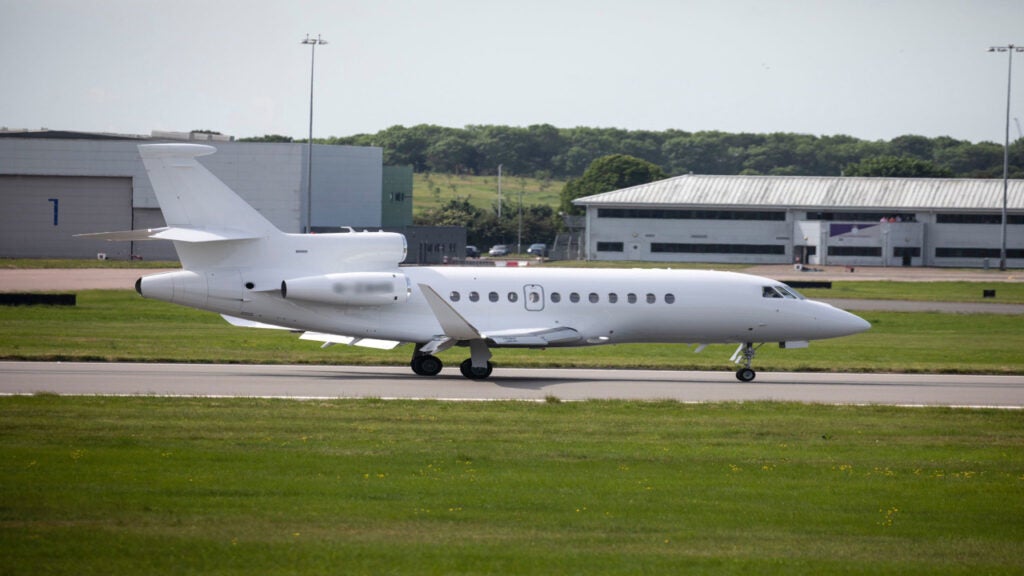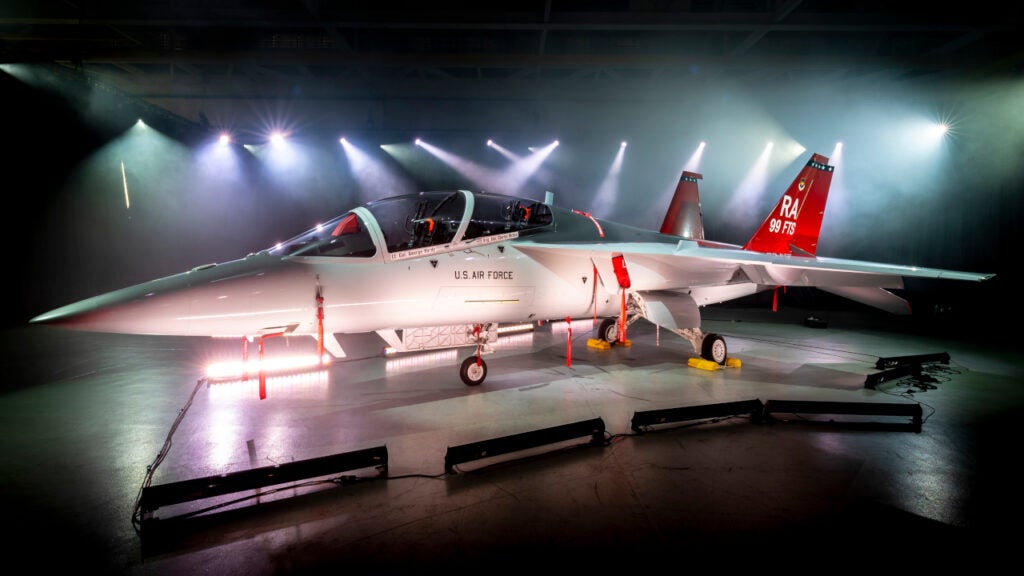

KA-1 is a light attack aircraft indigenously developed by Korea Aerospace Industries (KAI) for the Republic of Korea Air Force (ROKAF). It is based on the KT-1 single-engine basic trainer aircraft that is in service with the 15th Composite Wing’s 237th Tactical Control Squadron of the ROKAF.
The KA-1 is equipped with light-attack and forward air control capabilities and can complement fighter jets in air-to-ground attack missions.
KA-1 orders and deliveries
KT-1 is a single engine basic trainer or light attack aircraft designed and built jointly by Korean Aerospace Industries (KAI) and the Agency of Defence Development (ADD).
KAI delivered 20 KA-1 aircraft to the ROK Air Force under a contract signed with the South Korean Ministry of National Defence (MND) in 1999.
The Peruvian Air Force placed a contract worth approximately $200m with KAI for 20 aircraft, including 10 KT-1 trainers and 10 KA-1 light attack variants in November 2012. The contractual scope includes technology transfers for the production of 16 aircraft at the local joint production factory in the Peruvian Air Dorce unit located in Las Palmas.
KT-1/ KA-1 will replace the EMB-312 and MB-339 aircraft operated by the Peruvian Armed Forces.
The first four aircraft produced at KAI’s production facility in Korea were delivered to the Peruvian Government by December 2014. The first of 16 aircraft being built in Peru were delivered to the Peruvian Air Force in April 2015. Deliveries of the remaining aircraft are scheduled to conclude by 2016.
KAI light attack aircraft design and features
The KA-1 was jointly developed by KAI and the Korean Agency for Defence Development (ADD) between 2001 and 2003 under the KTX programme. It is equipped with advanced flight control systems and can carry conventional weapons and external fuel tanks.
Length of the aircraft is 10.3m, while the width of 10.3m and it’s height is 3.7m. Its empty and maximum take-off weights are 1.91t and 2.54t, respectively, and useful load carrying capacity is 630kg.
Cockpit and avionics of the light attack aircraft
The advanced glass cockpit of KA-1 houses Mk.16 ejection seats in tandem configuration for two crew members. It is fitted with a head up display (HUD) to present flight and navigation data as well as weapon release cues. The avionics suite also integrates two multi-function displays (MFDs), including a flight and navigation display, and weapon station display.
Also installed on the aircraft is a global positioning system (GPS) / inertial navigation system (INS) / tactical air navigation (TACAN) system, avionics simulation computer (ASC), electronic attitude director indicator (EADI), electronic engine instrument (EEI), and airborne video tape recorder (AVTR), as well as UHF / VHF, identification friend or foe (IFF) and weapon control unit.
The advanced flight control system includes conventional mechanical controls, automatic rudder trim system, and gaseous oxygen system, as well as air cycle environmental control system (ECS), two independent hydraulic systems, and selectable nose wheel steering or parking brake.
Armament aboard KA-1
The KA-1 light attack aircraft features five hard-points, including two under each wing and one under the fuselage. These hard-points are fitted with LAU-131 seven-tube rocket launchers and HMP 12.7mm guns.
Engine and landing gear
Power for the aircraft comes from a Pratt & Whitney Canada PT6A-62 turboprop engine driving a Hartzell four-bladed aluminium propeller through an epicyclical speed reduction gearbox. The engine, equipped with multi-stage axial and single-stage centrifugal compressor, has a rated power output of 950hp (708kW).
The aircraft is equipped with a retractable try-cycle landing gear, including two single-wheel main units and a steerable nose unit.
KA-1 performance
The aircraft has a maximum speed of 648km/h (350kt) and range of 1,600km. It can reach a maximum altitude of 11,580m (38,000ft) and has G-limits of -3.5/+7.0g. It can be fitted with two 50gal external fuel tanks for achieving higher range.




